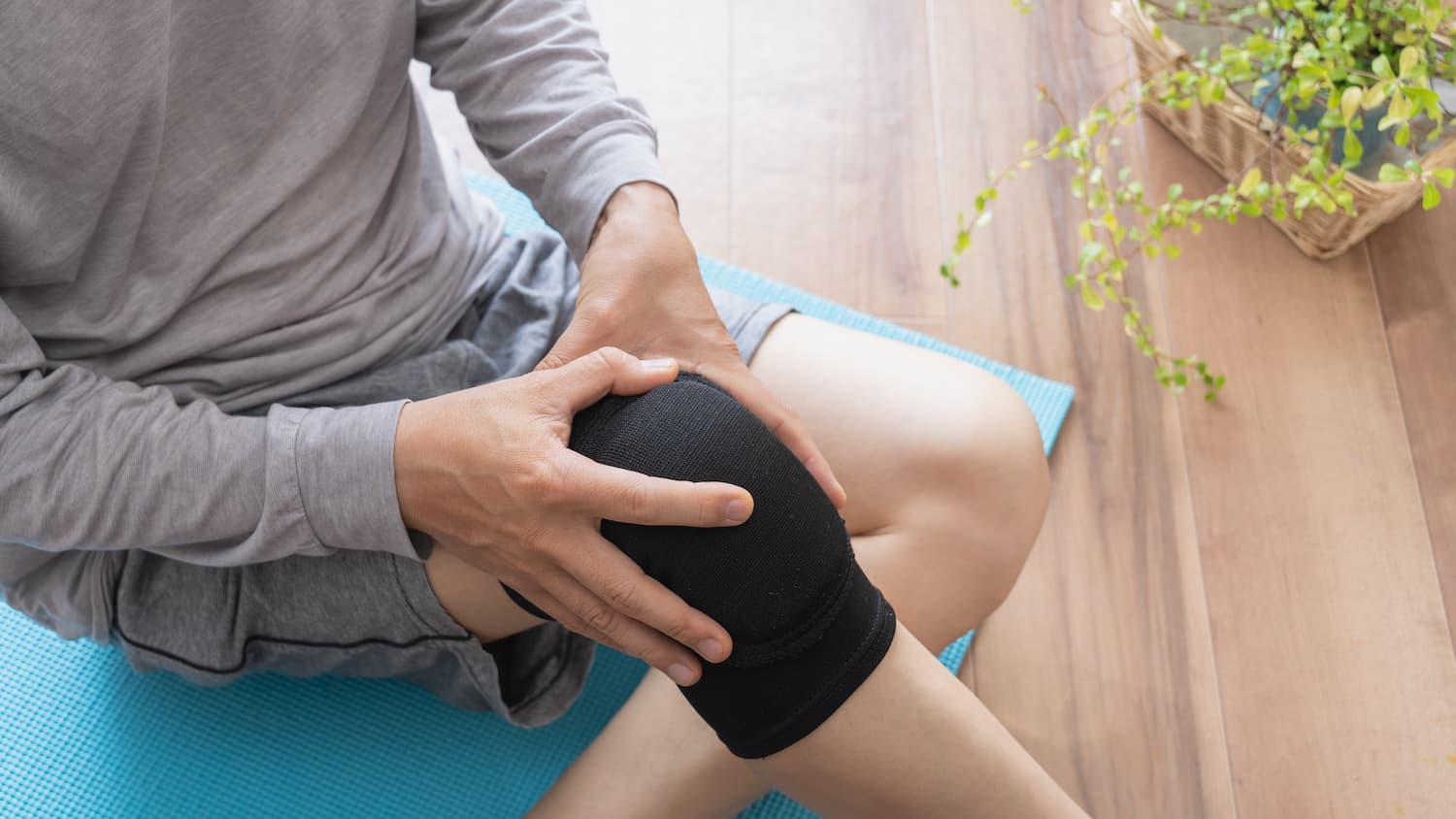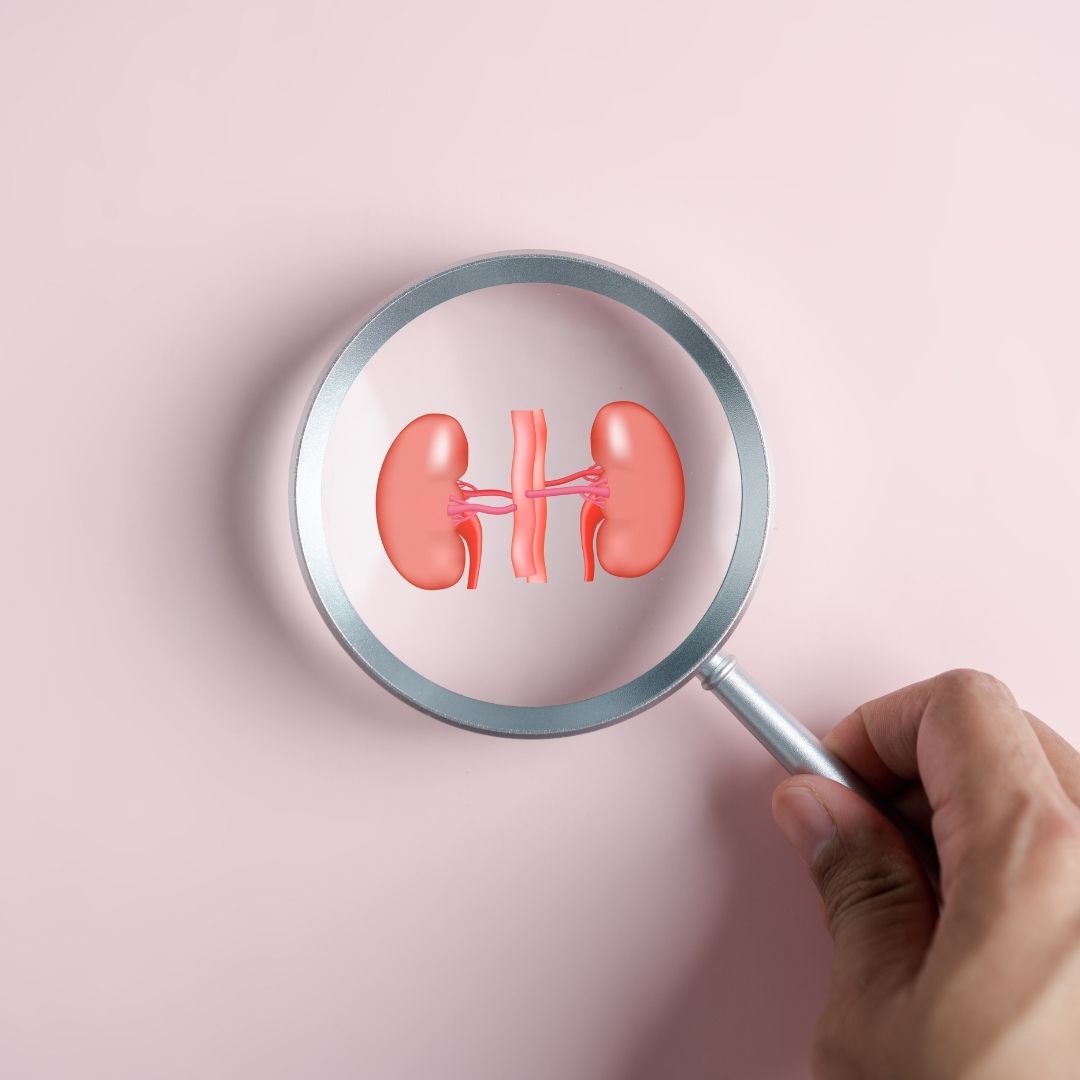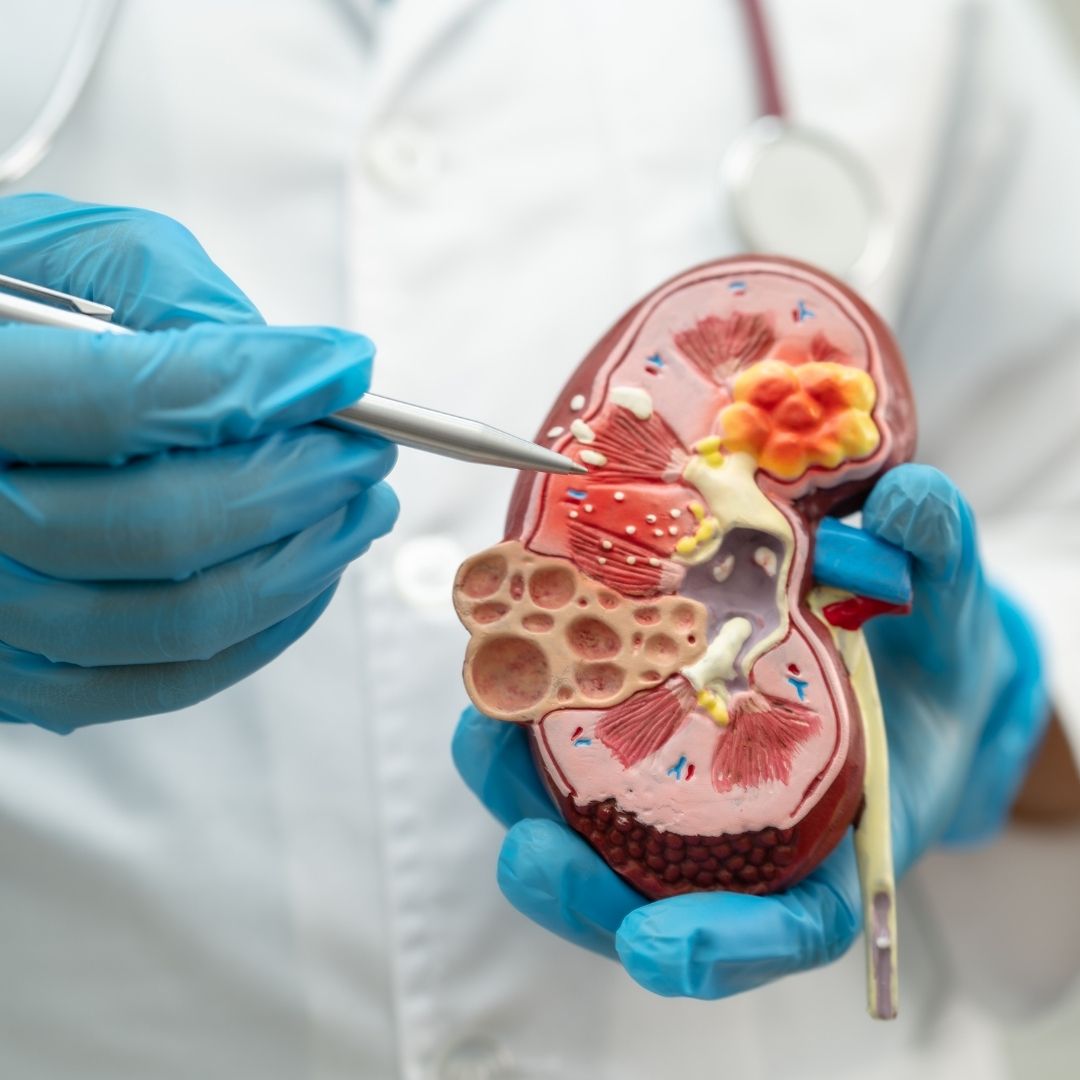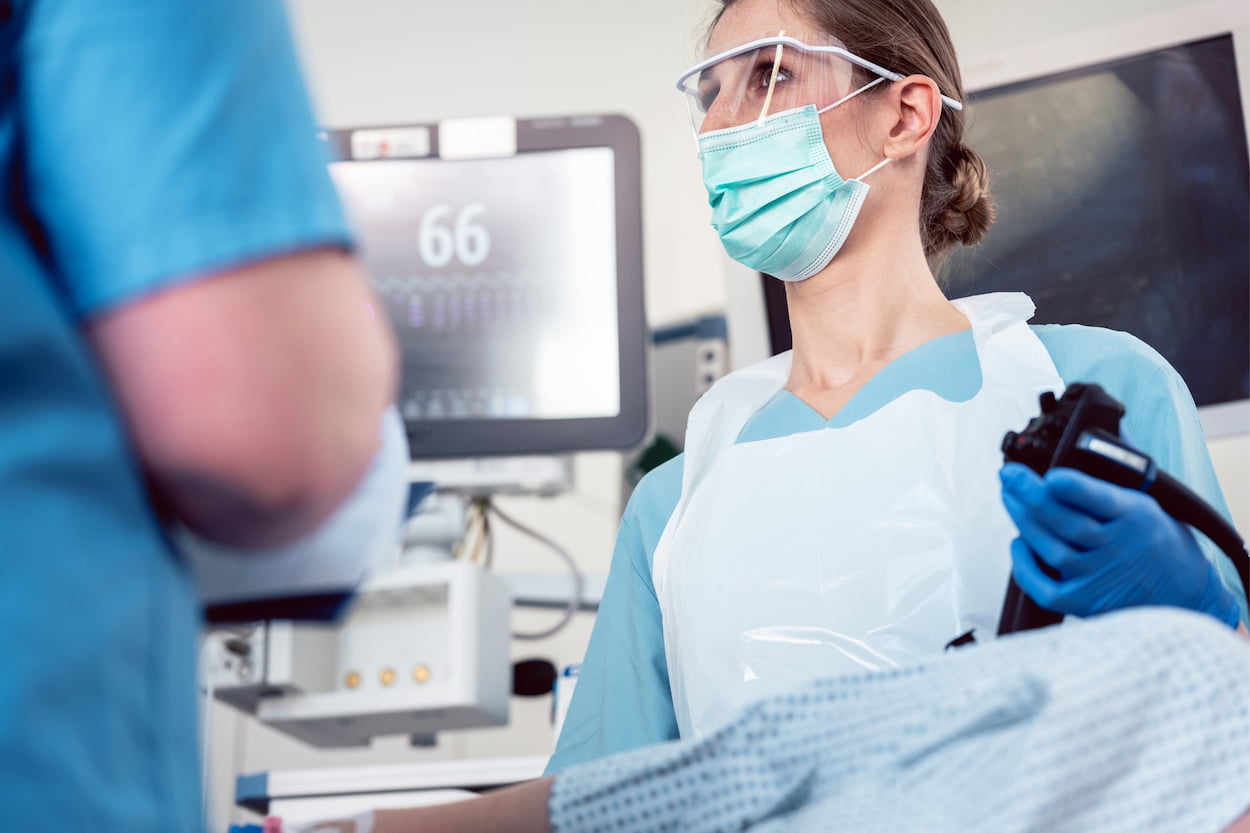
Follow the Diet Plan for A Colonoscopy
A colonoscopy is a gastroenterology procedure where a colonoscope (a thin, flexible tube) is placed into the colon and guided all the way through to the cecum (where the colon starts and the small bowel ends). In the colonoscopy procedure, to get to the colon, the colonoscope is inserted through the rectum. The colonoscope has a digital camera and light connected to the end that allows doctors to notice any abnormalities. This is why a colonoscopy is usually referred to as a direct visualization test.
This process may sound scary but it is not. In fact, a colonoscopy procedure can save your life. Prior to the operation, you will do a bowel preparation to clear out the colon. At this point, your diet plan is very significant. “Prep” is basically a laxative, which means you’ll spend a lot of time on the toilet.
Colonoscopy prep is one of the most dreaded stages when it comes to colorectal cancer screening, but it is not optional. You must clean out the colon so the physician can get a good look at the inside! In this way, you need to create your diet plan for a colonoscopy procedure.
Change the Diet Style Before the Colonoscopy
A colonoscopy procedure is an endoscopic exam of the large bowel. The main goal of a colonoscopy is to look for swollen, irritated tissues, cancer, polyps, or other changes in the colon and rectum. During the exam, a healthcare professional inserts a colonoscope (a long, flexible tube) into the patient’s rectum. The doctor analyzes the inside of the entire colon thanks to a video camera on the tip of the colonoscope. A patient is under sedation or anesthesia during the colonoscopy procedure. A colonoscopy generally lasts between 30 and 60 minutes.
If you have a scheduled appointment for a colonoscopy, your healthcare professional should have informed you about things to do and avoid before the operation. For example, you are required to avoid eating specific foods. You are probably wondering why it is essential to avoid specific eats, and what you should eat instead. Colonoscopy diet prep is simply the way you eat in the days preceding your colonoscopy procedure. It is planned to help clear your bowels so your healthcare team can complete a successful colonoscopy procedure.
A successful colonoscopy needs 100% clear bowels. Any type of stool in your colon can get in the way of your gastroenterologist’s ability to analyze the surface of your large intestine. If you are unable to fully prepare, your colonoscopy procedure will be canceled. Or worse, when you are in the procedure, the doctors will not be able to complete the colonoscopy. You will have to reschedule and complete the colonoscopy diet prep all over again. Read on to learn more about foods to avoid before the colonoscopy procedure.
Clear Liquid Diet Plan for A Colonoscopy
Before your colonoscopy, you should ensure that you are drinking more than the prep juice; hydration is key for a smooth procedure. This is associated with better support of kidney function and a safer colonoscopy experience. A clear liquid diet may allow some colors, such as green, yellow, or orange, but be sure to verify your health provider’s specific choices before stocking up on lemon-lime popsicles.
Please, you should note that clear liquid diets are not intended to be followed longer than the time prescribed by your doctor, because it does not ensure sufficient calories, protein, or nutrients to be supportive of health. If you have diabetes, discuss with a doctor or diabetes educator to develop a plan before beginning the diet.
Your doctor or radiology specialist might need you to have a clear liquid diet hour or a day before your medical imaging colonoscopy procedure. Most people believe that “clear liquids” refers to water. In addition, yes, clear liquids contain plain water, but you actually have more options than that. Clear liquids can also contain things like tea and coffee (without cream), popsicles (without pulp or yogurt), and cranberry juice.
“Clear” means the fact that the liquids do not have added substances like milk or solid foods. The reasons for the “clear liquids” limitation vary depending on what kind of test you are having. Sometimes, the limitation is there so there is nothing in your system that would interfere with any contrast agents, whereas other times it is to stop you from becoming nauseous. No matter the reason, the quality of your colonoscopy procedure depends in part on you following the instructions provided. If you do not follow the instructions correctly, your colonoscopy procedure might need to be rescheduled or redone.
Low Fiber Foods Before Colonoscopy
Your doctor will recommend a low-fiber diet two to three days before the colonoscopy procedure. These foods are easy to digest and leave your digestive system quickly, leaving your colon (large intestine) relatively clean for the colonoscopy procedure. You should prefer a low-fiber (or low-residue) diet in the days leading up to your colonoscopy, according to specialist doctors. A low-residue diet limits fibrous foods which tend to leave remnants in the digestive system so your colon is as clean as possible come colonoscopy procedure time.
Most colonoscopy in Turkey instructions recommend starting this diet three to five days before your procedure. So you should check with your doctor about when you should begin to eat low-fiber foods. You can contain the following foods in your low-fiber diet when preparing for a colonoscopy.
Chicken products
Fish Diet
Eggs
Cheese, like tofu
Prefer refined grains like white rice, white bread, and plain crackers
Potatoes
Purees, like applesauce
At the same time, before the colonoscopy, you should cut out high-fiber foods like:
Avoid nuts and seeds
Raw fruits and vegetables
Specific vegetables like broccoli, Brussels sprouts, and kale
Do not eat whole grains like bread, pasta, brown or wild rice, cereals, shredded wheat, and granola
Certain legumes like beans, lentils, and peas
The specialist doctors also recommend limiting or avoiding other high-residue diet foods such as milk and milk products like ice cream.
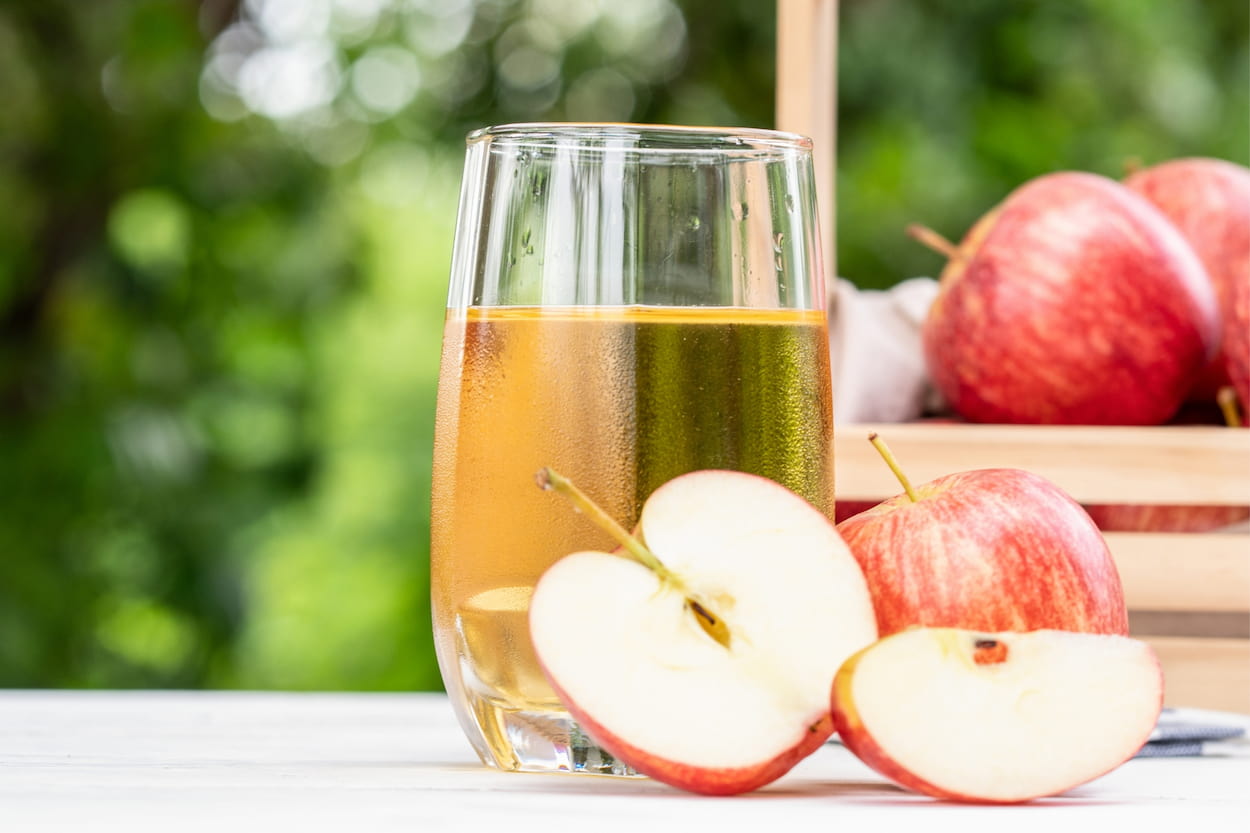
Diet Plan the Day Before Colonoscopy
The day before your colonoscopy procedure you can not eat anything solid. You can only prefer clear (see-through) liquids. It is essential to stay hydrated by drinking lots of clear liquids, such as sports drinks, clear juice like apple and white grape, and clear broth. The day before your colonoscopy procedure, soda is acceptable, and so are coffee and tea, but without cream. You can consume gelatin and ice pops but stay away from anything colored red, blue, or purple. The dyes can discolor the lining of the colon and make it harder for the doctor to examine.
Also, you should avoid alcohol and drinks you can’t see through, like milk or orange juice. Two to four hours before the colonoscopy procedure, be sure not to drink or eat anything. Please consult your doctor on the exact time to stop consuming clear liquids. The day before your colonoscopy procedure; you can opt for the following foods:
Clear drink, like an apple or white grape juice
Prefer clear broth or bouillon
Clear sports drinks and carbonated beverages
Water and mineral waters
Tea and coffee without cream
Your colonoscopy specialist will prescribe a strong laxative, which you need to take the night before your procedure. Your doctor will likely advise that you do split dosing: prefer a half-gallon of liquid laxative the night before and the rest six hours prior to your appointment.
The Study of Diet Plan for a Colonoscopy
According to a recent study published in the Journal of Gastroenterology and Digestive Health, following a low-fiber diet and adhering to a prescribed bowel preparation regimen significantly improves the effectiveness of colonoscopy procedures. The study, which involved a large sample of patients undergoing colonoscopies, found that patients who strictly followed the recommended diet and laxative instructions had clearer colons, reducing the risk of technical complications and missed cancerous growths during the procedure.
Conclusion
Bowel prep before a colonoscopy procedure can be a major inconvenience. However, following your doctor’s instructions for a bowel cleanse while getting ready for the procedure is vital for a successful colonoscopy procedure. Eating a low-fiber diet for two to three days before your colonoscopy and taking laxatives as directed will provide your digestive system is properly prepped for the procedure.
On the other hand, poor bowel preparation can lead to technical difficulties during your colonoscopy, raising the risk of complications like perforation. It can also prolong the duration of the procedure and raise the chances of your doctor missing signs of colon cancer during your colonoscopy. Therefore, your diet plan for a colonoscopy is an essential point during the procedure.
